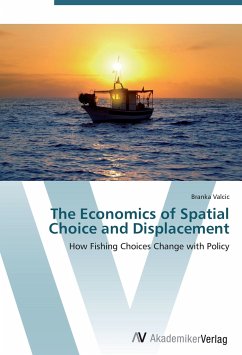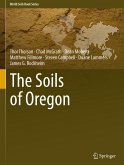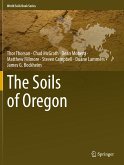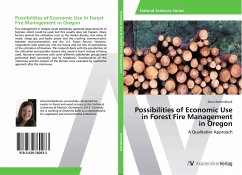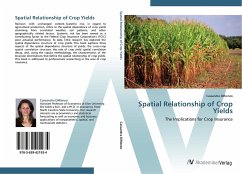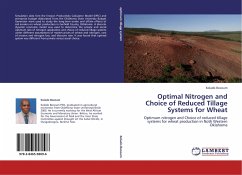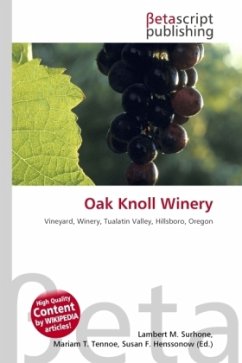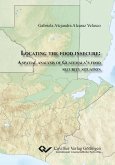Revision with unchanged content. Fishery policy makers would often benefit from information on how a policy might change fishermen behavior before the policy is implemented. Discrete choice models may be used to make predictions about these potential chan ges. Most of the simulation work done so far, however, has not been valida ted. In this book, a discrete choice model of fishing location choices is estimated and used to simulate the impacts of a spatial policy on the behavior of fisher men. The simulated redistribution of fishing effort is then compared with the actual redistribution of effort that had occurred with the implementation of this policy. Results from the presented case study underline the inherent problem of the simulation not being able to capture the fundamental change in the nature of the choice problem that occurs with the change in policy. Addressing this problem will be important as discrete choice models continue to be used to inform policy makers. Anybody with an interest in understanding human choices related to the use of natural resources may benefit from reading this book. Fisheries managers, fisheries economists, and graduate students in fisheries economics may find it particularly useful.
Hinweis: Dieser Artikel kann nur an eine deutsche Lieferadresse ausgeliefert werden.
Hinweis: Dieser Artikel kann nur an eine deutsche Lieferadresse ausgeliefert werden.

